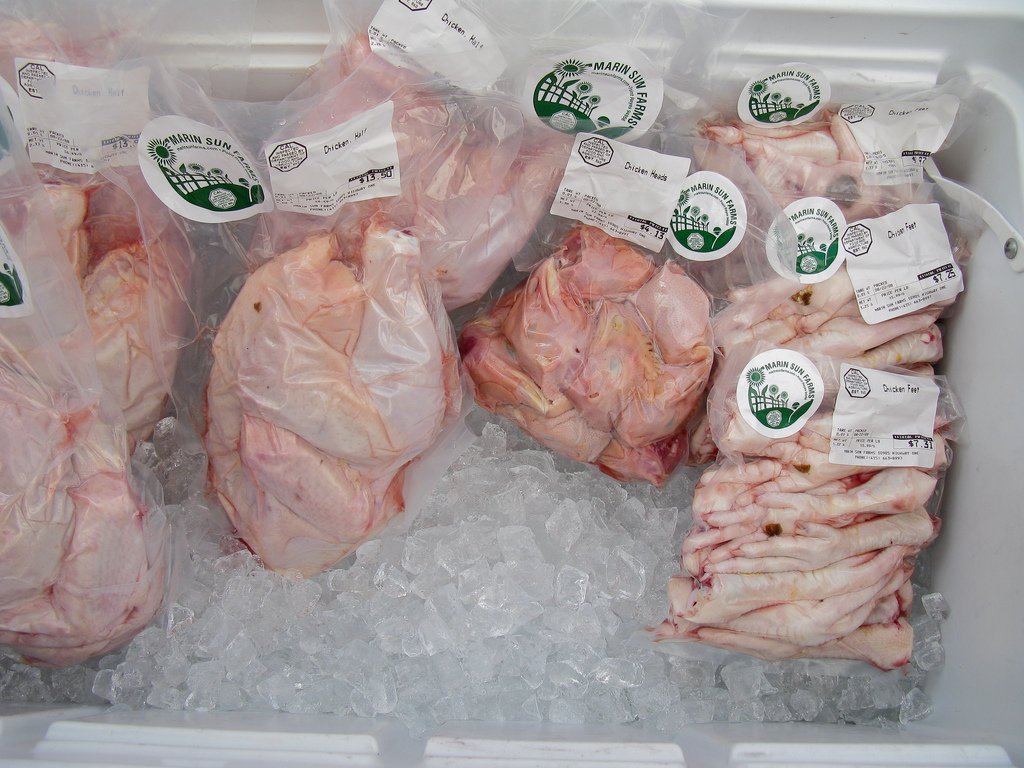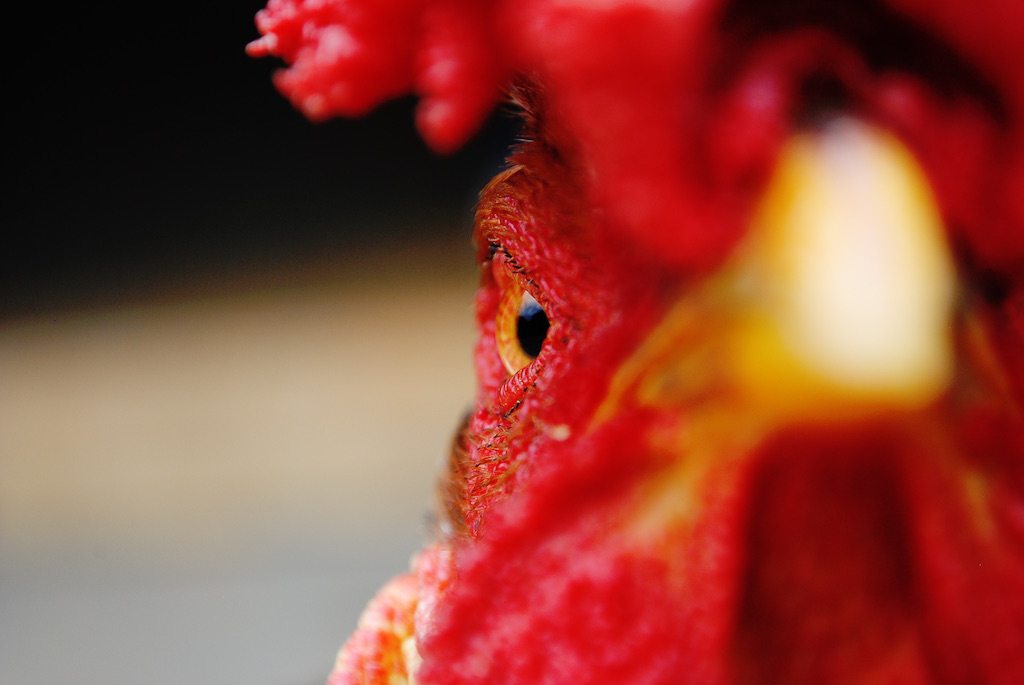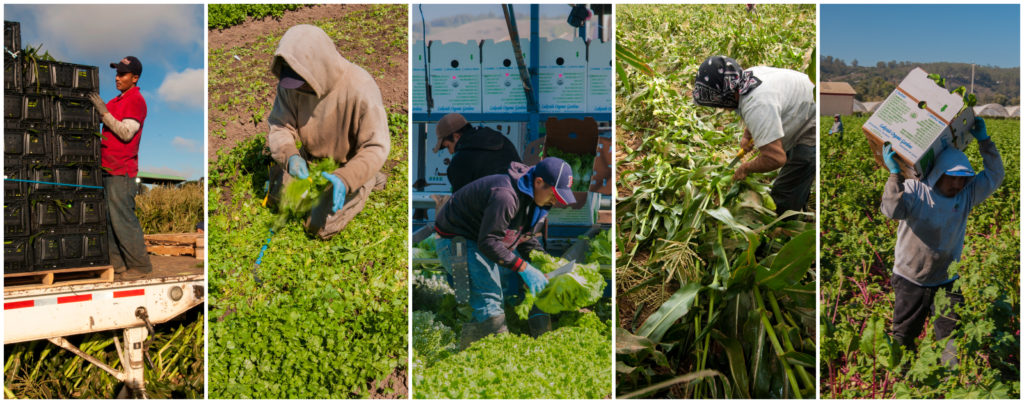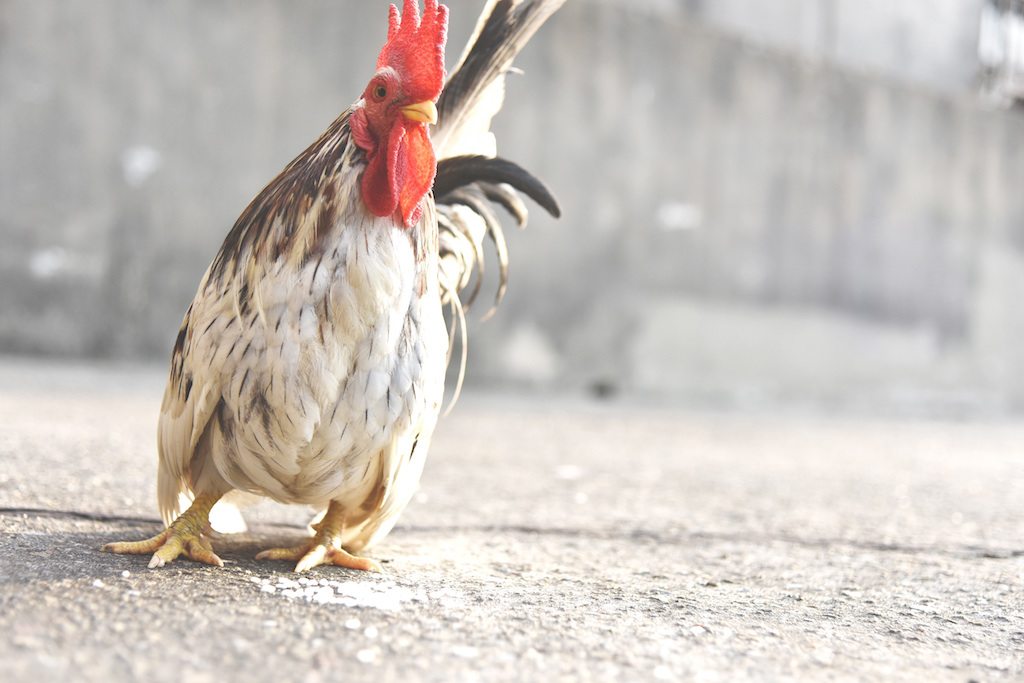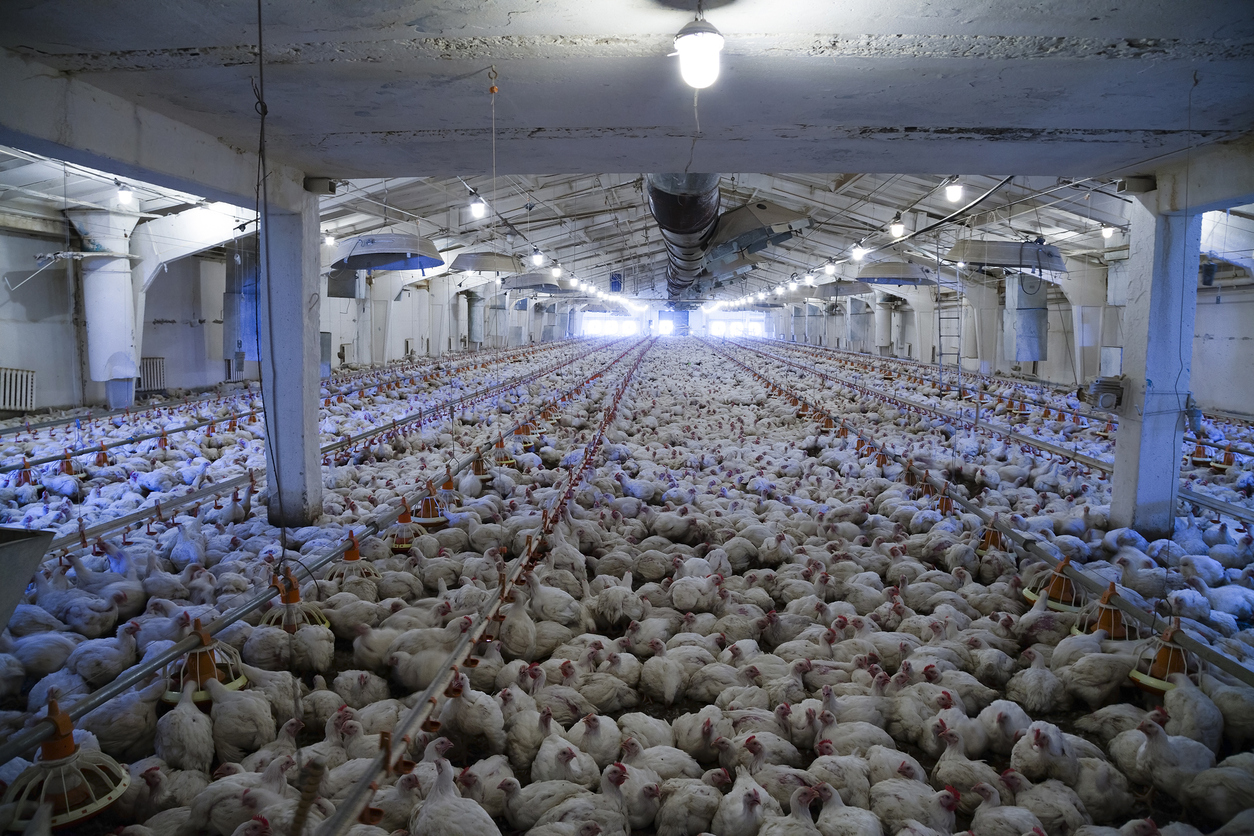
iStock / Ligora
Between 2012 and 2018, American poultry growers received $1.8 billion in loans from the Small Business Administration (SBA). That’s three-quarters of the total loans that went to agricultural businesses overall during the same period. These loans are designed to help small business owners buy land and equipment or refinance debt.
But this year, the agency decided that poultry growers don’t actually function like small business owners. That’s because they’re often contracted by an integrator—Tyson, Cargill, Pilgrim’s Pride, and other corporations that control most or all aspects of production—that hatches the chicks, provides the feed, and slaughters and sells the finished product. Contract growers are only responsible for caring for the animals until they’re big enough to eat. In the eyes of SBA, that means they should be treated more like subsidiaries or employees of large, multinational corporations. And that means no more taxpayer-backed financing for their operations.
Arkansas is the second-largest poultry producing state, and most of the animals grown there are raised under this contract farming system. So it makes sense that the state’s politicians would take an interest in the administration’s decision.
Last Monday, all six of Arkansas’ members of Congress, all Republicans, united to send a message to SBA. The agency, they said, was wrong in deciding that many poultry growers don’t actually operate independent businesses. Contract farmer advocates, on the other hand, support the decision.
So why do legislators want SBA to reverse its decision? Money may play a role. Since 2014, all six Arkansas lawmakers have received campaign contributions from Tyson. In total, they’ve collected at least $580,000 in campaign contributions from the poultry industry (this includes individual integrators as well as industry groups) in that time.
“I think that Tyson and the other vertical integrators will put extreme political pressure on every one of those members of Congress and the Senate that they believe are their friends to kill this rule,” Maxwell says, “because it is core to their business model.”
In March, the Office of the Inspector General (OIG) released an audit showing that, because integrators exercise such a high degree of control over their growers, the agency should no longer consider contract farmers eligible for small business loans. The agency agreed, and in late September, it released a proposed rule that would classify many contract growers as “affiliates” of their integrators.
As I wrote at the time, it’s kind of like the government deciding that Uber drivers aren’t actually independent contractors. Think of it this way: Uber controls the price of the ride, the quality of the app, the route, and the number of passengers on a given route. There’s an argument to be made—and it’s been made in court—that drivers should be classified as employees or affiliates because they don’t really operate independent businesses. If Uber drivers were employees instead of contractors, the financial equation would change for everyone involved. Uber would have a higher tax burden, drivers would shoulder a lot less risk, and Uber would likely be very unhappy about it. The same is basically true with contract growers.
A 2014 report from the United States Department of Agriculture (USDA) found that contract growers earn about $11.50 an hour after expenses, and the OIG audit found that, if the integrator declines to renew a grower’s contract, the grower is as good as bankrupt. All signs point to a dependent contractor-integrator relationship, the audit concluded. Why not use government-backed loans to support independent, aspiring farmers instead?
Jonathan Buttram, president of the Alabama Contract Poultry Growers Association, says SBA loans can do more harm than good. In his opinion, the government-backed loans are a little too easy to come by. “These farmers that [SBA was] making loans to could not go and buy a pickup truck—one of the Dodge dealerships came to me and wanted to know what was going on. One of these farmers was down there and couldn’t buy a truck, but he was loaned $2 million through SBA.”
It’s all well and good until a farmer defaults on the loan. “The taxpayer loses the money—that’s me and you losing their tax money at a crooked scheme that’s going on.” The “crooked scheme” Buttram is referring to is one in which integrators emerge from foreclosures unscathed. The only losers are farmers and taxpayers.
Banks like SBA loans, too, because they’re guaranteed by the government. American Banker reported last week that lenders are “up in arms” over SBA’s decision. Without the government guarantee, chicken farms aren’t a solid bet at all. “Ag lenders said they’re frequently unable to close poultry deals without government backing, largely due to high loan-to-value ratios and the substantial amount of capital required,” the magazine wrote. Translation: poultry farms don’t make that much money. And neither the banks nor the integrators have any real incentive to avoid foreclosures.
Arkansas’ Republican Senator John Boozman has accepted at least $197,100 from poultry-industry affiliates since 2014, according to Open Secrets
Buttram and Maxwell, the grower advocates, both support SBA’s decision. They think it’ll force integrators to either allow farmers more agency in their business choices or provide more capital up front for barn construction and improvement. To make a poultry contractor truly independent, Maxwell says, integrators need to eliminate their notorious tournament systems and establish fair market-value contracts.
As for poultry integrators, they aren’t happy about SBA’s new rule. A spokesperson for the National Chicken Council, an industry group, told Meatingplace (log-in required) that “We would … disagree with the report’s characterization of the relationship between chicken farmers and processors,” going on to emphasize that poultry growers are independent and family-owned. “If anything, the government should be doing more, not less, to drive growth and opportunity in the rural economies that feed America and the world.”
Which brings us back to Arkansas. As Maxwell put it, “You can bet, with the influence Tyson has in Arkansas (the company’s headquarters are located in Bentonville, Arkansas), that’s where the politicians are going.”
In all, the poultry industry has funneled at least $580,000 into Arkansas congressional campaigns over the last few years. These numbers are based on data from Open Secrets, and we used data that includes money contributed to campaign committees and leadership political action committees. Open Secrets includes contributions from employees of a company in its total company estimates, so if a mid-level Tyson executive supported Senator Tom Cotton’s campaign because they were next-door neighbors, that would hypothetically be included among the data. (Because contract growers are not employees, any contributions from them would not be nested under integrator names.)
It might not sound like that much money. But a lot of these contributions rolled in during years when candidates weren’t even running for re-election. And the numbers are especially stark against the United States Department of Agriculture’s (USDA) 2001 finding that 71 percent of contract growers live below the federal poverty line, which is currently $20,780 for a family of three.
It’s not necessarily surprising that a system that relies on taxpayer-backed loans might use its excess capital to bid for more political influence. As Maxwell puts it, “a corporation, as we say, doesn’t have ass to kick or a soul to save.”
In response to criticism, SBA has extended the comment period on its proposed rule to December 8.


